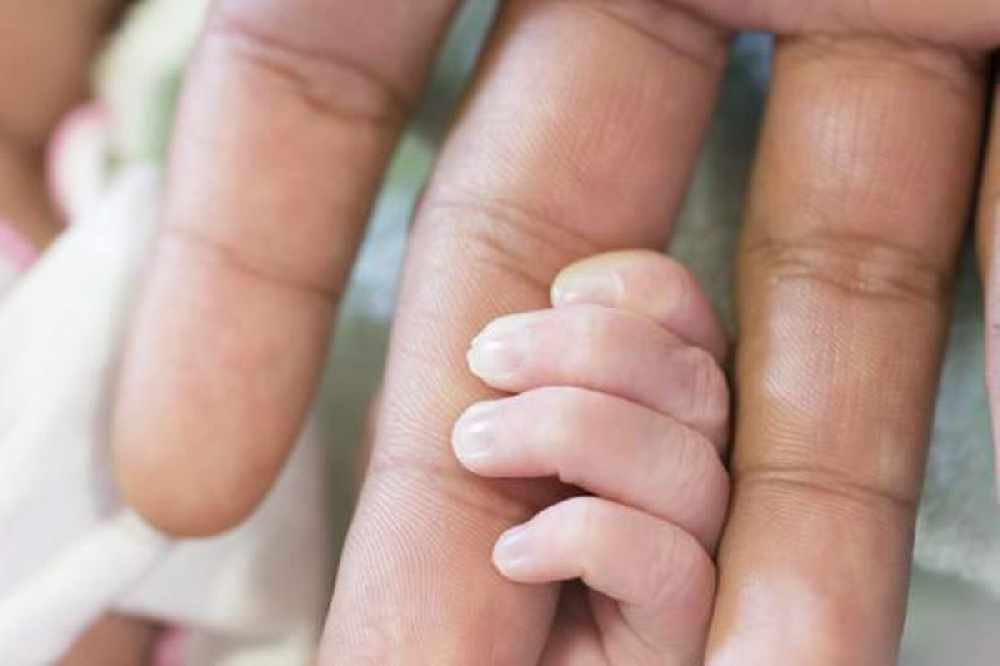
A law change to entitle Jersey parents and stepparents to a fortnight off work if they suffer the pain of losing a child is due to be lodged for debate before the end of 2022.
It's set to include a payment scheme so they won't have to worry about losing wages during their time off.
The States voted last year to introduce paid bereavement leave.
A deadline of 31 March 2022 was given to bring forward plans for debate, but that was missed.
In Jersey, it won't be a stand-alone law like Jack's Law. The current Jersey Employment Law will be changed.
Fewer than five children under the age of 18 have died in Jersey in each of the last three years.
There were five stillbirths in Jersey in 2019 and fewer than five in 2020 and 2021.
"Whilst the number of child deaths and stillbirths is fortunately very small in Jersey, it nevertheless shows that there will be a number of parents who will benefit from the additional rights and support that these proposals provide."
The Social Security Minister says the intention is to make the process simple, straightforward and where possible 'invisible' to parents to make sure leave can start straight away and financial support can be received quickly.
The right to two weeks of unpaid leave will be a day one entitlement and extend to any parent who suffers the death of a child under the age of 18. That includes babies that are stillborn.
The two weeks can be taken together or as two separate one-week blocks, with parents having up to 56 weeks to take it.
Each parent will be given a direct weekly payment, regardless of whether their employer chooses to continue paying them during their leave.
Deputy Judy Martin is due to sign a Ministerial decision shortly to get this sorted.
She says the government will work with stakeholders - like the Children's Commissioner, Philip's Footprints, and the Office of the Superintendant Registrar - to ensure the law change and payment scheme are well designed and take full account of parents' needs.
Deputy Martin says the aim is to create a process where parents don't have to attend face-to-face meetings or complete forms to get the weekly payment during their leave.
"Ideally the process will be largely invisible to the parents and CLS will rely on information already held to confirm and process the payments. We will also need to ensure the appropriate governance arrangements are in place for the scheme.
A Child’s Rights Impact Assessment will be undertaken as part of the development of these proposals.
It will be vital that all relevant stakeholders are made aware of the availability of both the payments and unpaid leave – officers will work with stakeholders to raise awareness as the scheme is developed.

The aim will be to make payments as quickly as possible i.e. during the time the parents are taking bereavement leave and directly to the parent’s bank account – although alternate means of making payment will also be considered.
It is proposed that payments will be made regardless of whether the parent’s employer continues to pay them or not."
Deputy Martin is also proposing that a review of this change take place five years after it's introduced.
She says wider work around bereavement is needed for all family members, including miscarriage.


 Pubs and nightclubs open later for Liberation 80
Pubs and nightclubs open later for Liberation 80
 Jersey teen with autism and epilepsy to tackle 150 miles for charity
Jersey teen with autism and epilepsy to tackle 150 miles for charity
 Jersey company keen to exploit CI wind potential
Jersey company keen to exploit CI wind potential
 Immersive story trail for young readers to open at Millbrook Park
Immersive story trail for young readers to open at Millbrook Park
 Jersey Hash House Harriers celebrate 2000th run
Jersey Hash House Harriers celebrate 2000th run
 Young girls are most likely to dream about leaving Jersey
Young girls are most likely to dream about leaving Jersey
 DFDS takes over Jersey's ferry services
DFDS takes over Jersey's ferry services
 DFDS cancels first sailing to Jersey
DFDS cancels first sailing to Jersey

